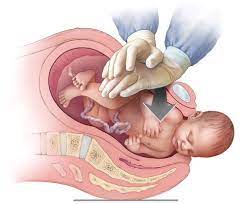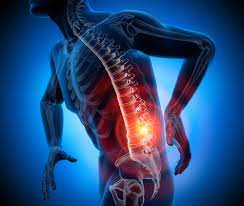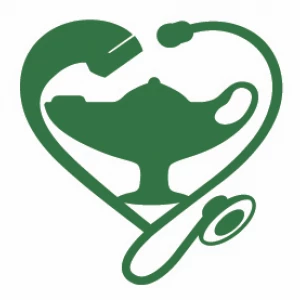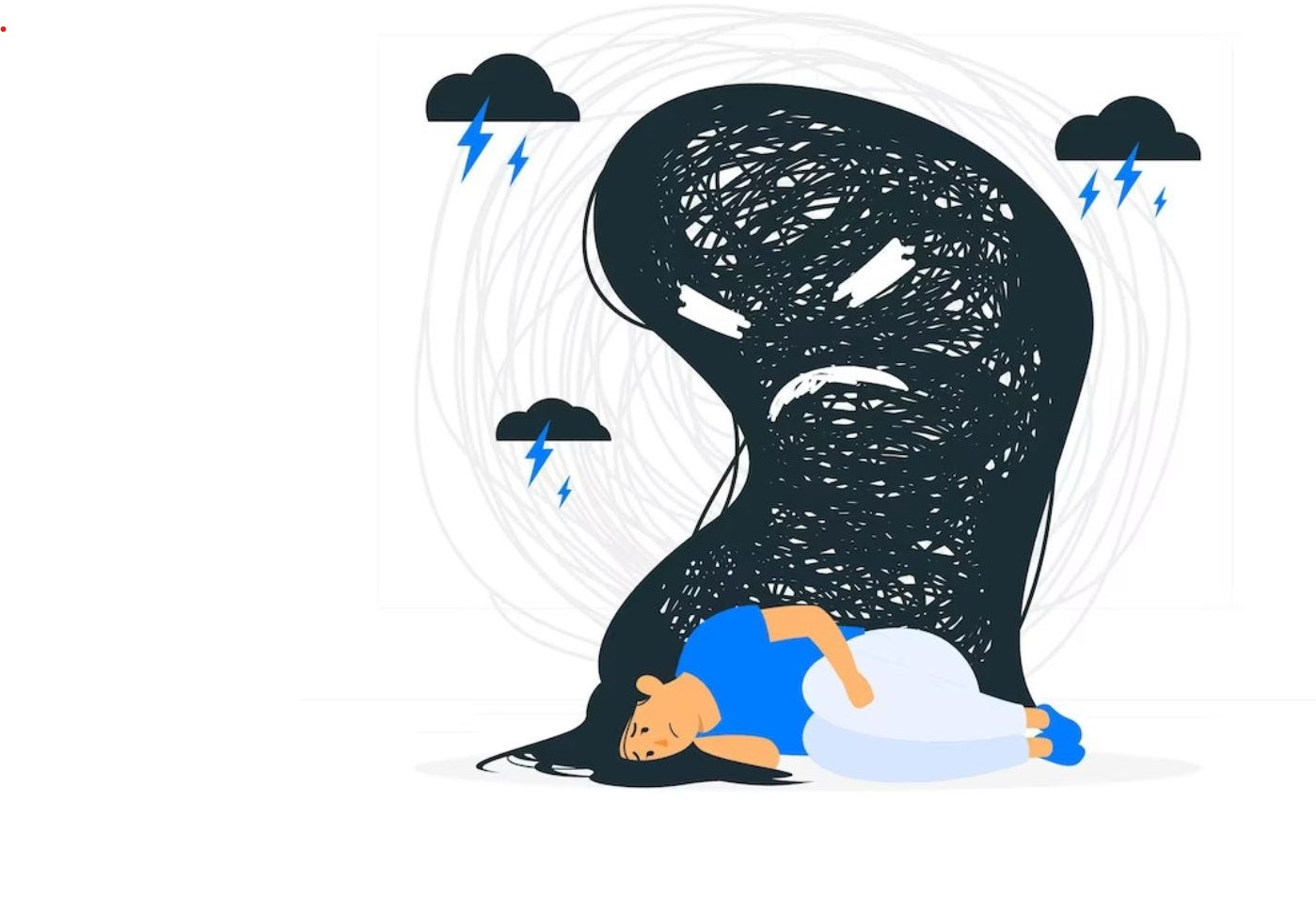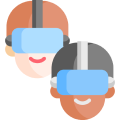- Participants learn to administer standardized cognitive screening tests, such as the Mini-Mental State Examination (MMSE) or Montreal Cognitive Assessment (MoCA), to evaluate various domains of cognitive function, including memory, attention, language, and executive function.
- The simulation provides opportunities to conduct comprehensive neurological examinations to assess motor function, sensation, reflexes, coordination, and cranial nerve function. Participants gain skills in identifying neurological signs and symptoms associated with different neurological disorders.
- Participants learn to interpret cognitive and neurological assessment findings to identify patterns of impairment and potential underlying causes. They gain insights into recognizing cognitive deficits, neurological abnormalities, and red flags that may warrant further investigation or referral to specialists.
- The simulation explores the process of differential diagnosis in evaluating patients with cognitive and neurological symptoms. Participants learn to consider various etiologies, including neurodegenerative diseases, stroke, traumatic brain injury, infection, and metabolic disorders, based on clinical findings and patient history.
- Participants practice effective communication with patients and their families regarding assessment results, diagnosis, treatment options, and prognosis. They learn to convey complex information in a clear and compassionate manner, tailored to the patients level of understanding and cultural background.
imaginX is used by many amazing schools and universities
University / College

